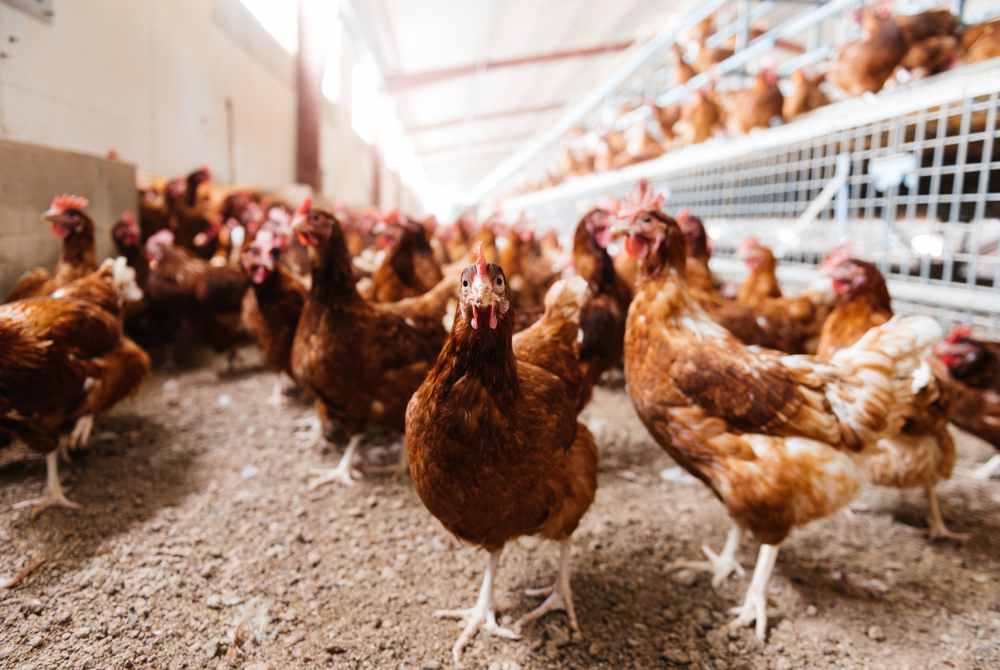September 25, 20252025年 09月 25日

Lunch service begins at bai Hotel Cebu’s signature restaurant. Servers weave between tables with trays of plant-based sisig, coconut kare-kare, and jackfruit adobo. These dishes represent the Cebu sustainable dining shift taking shape across the property’s eight outlets. By 2027, nearly one-third of all menu items at the Visayas’ largest hotel will be plant-based. With 668 guestrooms and thousands of monthly diners, the scale matters.
bai Hotel Cebu has committed to transforming 30% of its menu to plant-based options by 2027. Not pilot programs in select outlets. Instead, a property-wide mandate across all eight dining venues. The commitment covers the entire 4-star WorldHotels property.
When a hotel of this size shifts culinary direction, regional competitors take notice. Moreover, what starts as one property’s Cebu sustainable dining initiative often becomes the benchmark others follow.
“This 30% plant-based goal by 2027 represents our commitment to Food for the Future,” says Alfred Reyes, Vice President for Operations and General Manager. He continues, “As the largest hotel in the Visayas, we have a responsibility to lead by example. This isn’t just about changing our menus. It’s about caring for our guests, our community, and the environment we all share.”
The initiative integrates into bai Hotel’s broader sustainability framework. Specifically, it’s part of the bai for Life 7 Pillars of Commitment. Consequently, this isn’t a standalone trend but part of a comprehensive environmental strategy. Furthermore, the hotel earned recognition as a 2024 Sustainability Champion by the Hotel Resort & Restaurant Association of Cebu. This validation preceded the expanded commitment.
Implementation Requires Kitchen Transformation
Each percentage point toward that 30% target means menu restructuring. Additionally, it requires supplier networks to be expanded and kitchen staff to be trained on plant-based preparation techniques. Therefore, procurement protocols now prioritize local vegetable suppliers. Meanwhile, recipe development accelerates across outlets. Similarly, storage systems adapt to different ingredient profiles.
The environmental metrics support the shift. Studies show plant-based proteins produce up to 90% fewer greenhouse gas emissions than animal-based options. Additionally, they use up to 90% less land and water. They also generate about 50% less food waste. These numbers compound quickly across hundreds of daily meals served at a property this size.
“bai Hotel Cebu’s leadership in the Visayas is inspiring,” says Marielle Lagulay, Sustainability Program Manager at Lever Foundation. This international NGO supports the hotel’s transition. “This 30% plant-based goal isn’t just good for business. It’s a reflection of their genuine commitment to their community and the environment.”
The hotel joins major Philippine hospitality players embracing plant-based commitments. These include Accor, The Ascott Limited Philippines, IHG Philippines, Okada Manila, and Winford Resort and Casino Manila. However, as the Visayas’ largest property, bai Hotel Cebu’s pledge carries particular weight. It influences both regional standards and the Cebu sustainable dining evolution.








